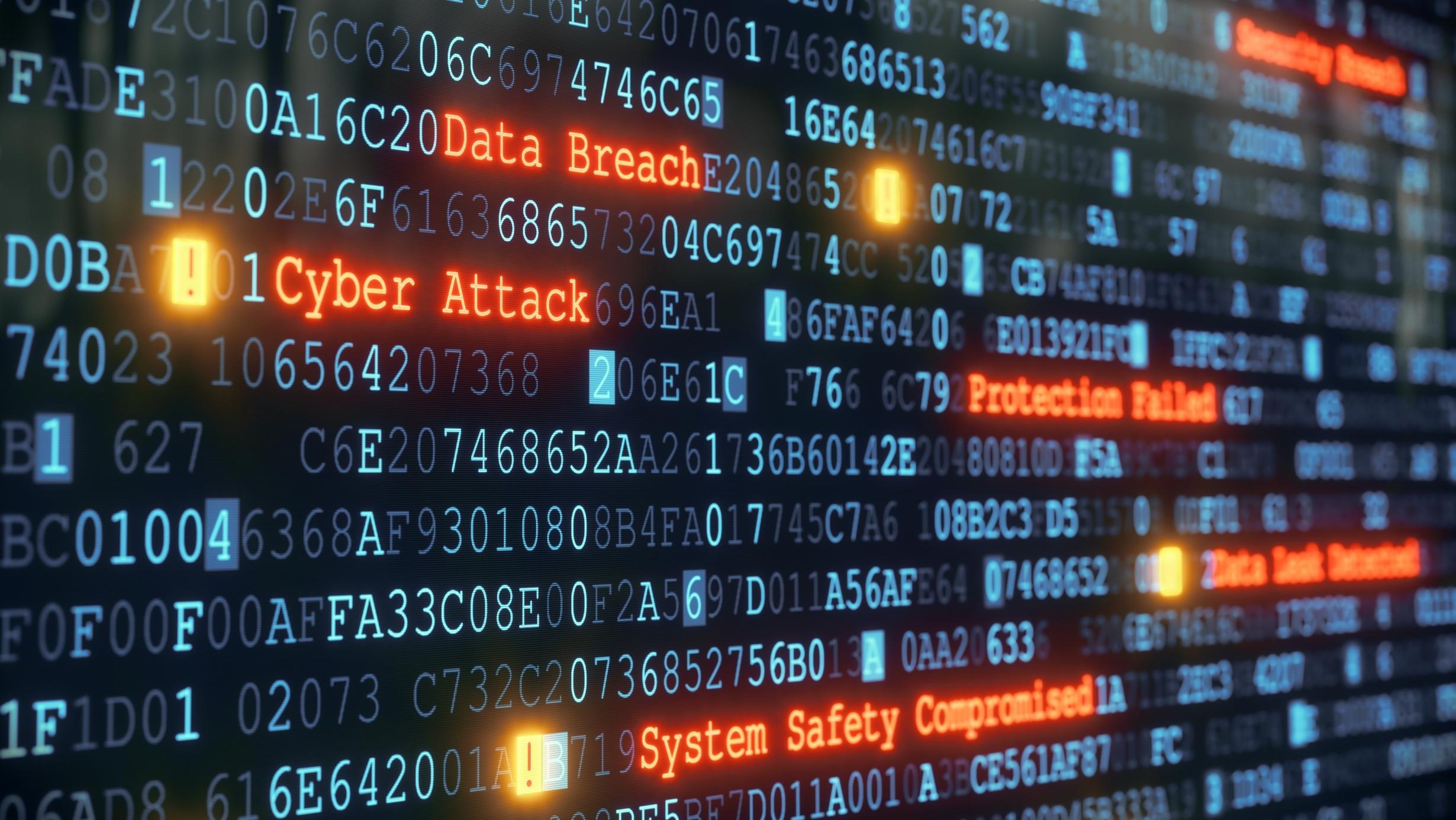
Find out how you can stay Cyber Secure with our 8 tips!
Cyber security threats and attacks are getting more and more common in the digital world we live in. People store a large amount of confidential and private information online, that can often easily be accessed by others if they aren’t careful with their data protection rituals. In this blog, we give 8 tips that can help keep your data and systems cyber secure.
1. Back up your data
Backing up your data to a different device and a separate location is essential if you want to ensure you have access to it if you are targeted by a cyber-attack. The regularity of backup is a good strategy to defeat ‘ransomware’ type attacks. This way you can restore data and critical information quickly and continue normal business operations with little disruption. Ensure that a robust solution is used and that it is tested often.
2. Patch and Vulnerability management
Application updates are not only good for functionality and design improvements, but they also fix any cyber security issues that might not have been previously identified in the current version. It is therefore critical that applications and operating software are updated regularly, and ideally as soon as notification is received from software vendors.
3. Multi-factor authentication
Administrative access to your key business, financial systems and data should be protected with multi-factor authentication. This means that when you log into systems with an administrative account, a separate additional authentication challenge is presented. This may be in the form of a code sent by SMS to your phone or using an ‘authenticator’ app where an additional code is required to authenticate transactions or administrative logins. This way any compromise of your online passwords (via major data breaches, or other means), will not result in a security compromise, as they will not be able to authenticate the ‘second factor’ or code response, thus keeping your systems secure.
4. Know what you need for your organisation
Ensuring that you have the right security systems in place for the size, structure, and responsibilities of your organisation, is utterly important to keep your data and systems cyber secure. Supporting key staff with local knowledge about what to do when a threat comes up will likely prevent vulnerable information from getting into the wrong hands.
5. Security testing
Testing security controls regularly will assure you that your data and systems are protected to the greatest extent. Risk assessment needs to be undertaken in set timeframes to ensure that the organisation’s data is constantly protected. Thorough reports should be written about every test to see if any changes have occurred.
6. The system you work on need to be secure
When you log in to an online account using insecure channels, such as free wifi, it is possible that your security could be compromised. Avoid the use of insecure channels for any administrative or financial systems use.
7. Check your credit and bank statements regularly
Keeping a look at your bank statements regularly will ensure that no one has access to your personal and vulnerable information. Your bank can also check your credit for you if you get in contact with them. Try to do it annually to make sure that your credit card information is protected.
8. Be careful about what you post on social media
Posting everything about your life on social media might seem like a natural thing to do in 2021. However, we still need to be careful about what we share on this very public platform, as the information we post is available to a major audience. Ensure that you never share data that might allow people to break into your online accounts!
If your organisation requires help with cyber security, get in contact with Canda, as we have a range of services available to address your cyber-security concerns and issues.



